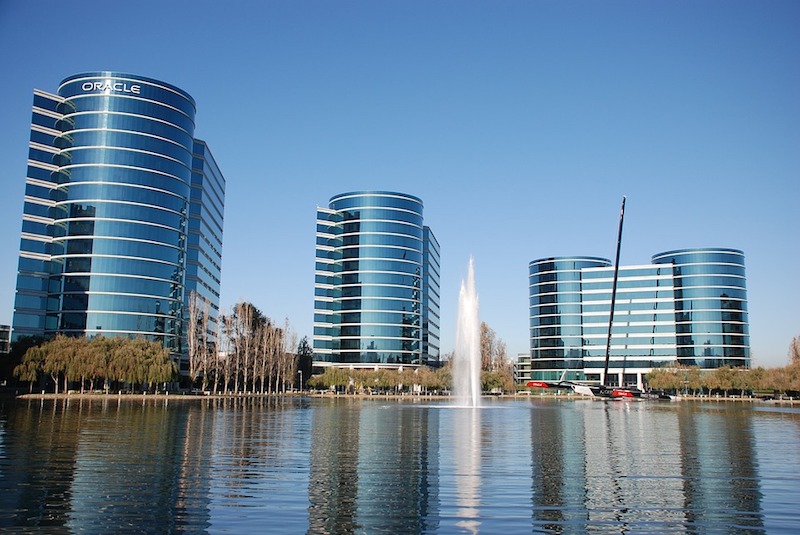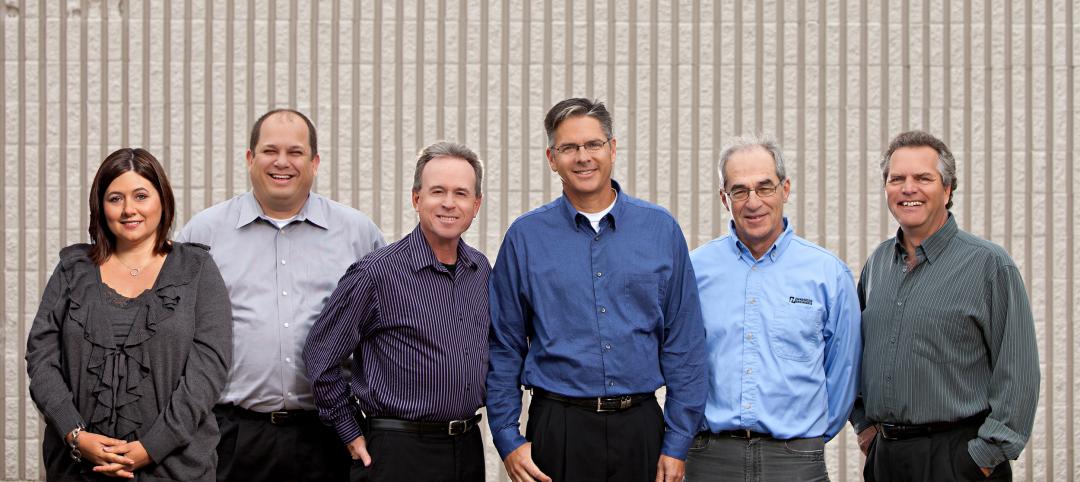‘For the people who were mentioning the fear from Silicon Valley. I am Silicon Valley. Get over the fear. Silicon Valley has already stepped into construction, and I am part of it.’
AEC technophile Rohit Arora—who joined the design-build startup Katerra in April as a Product Excellence engineer—put his thoughts on AEC tech innovation quite bluntly at BD+C’s Accelerate Live! conference this past May. But it needed to be said.
Talk after talk at the event referenced the AEC market’s ongoing angst about a tech-industry takeover of AEC, with traditional companies getting squeezed out by hotshot VC-backed startups and enterprising design and construction firms. Arora’s advice for the traditionalists: “Embrace technology. Do not fear. You can shape it.”
I don’t need to tell you about the profound impacts that technological advancements are having on architecture, engineering, and construction. However, I suggest that the pace of innovation and the rate of tech adoption by AEC firms have taken on a Moore’s law-like stride.
This past April, while attending an industry event targeted at GCs and subcontractors, I sat in on a two-hour breakout session focused solely on disruptive construction technologies (yes, 120 minutes!). The speaker, a well-known AEC technology expert, flipped through slide after slide—well more than 60 slides in all—each with a specific technology tool or application, and how construction firms are utilizing the innovation. Labor tracking, BIM/VDC optimization, multi-user VR coordination, indoor drones, rules-based clash detection, exoskeletons, smart tools, 360 cameras for creating detailed 3D models, and AI for everything from construction scheduling to language translation on the jobsite. The applications went on and on, and that talk was just for construction companies. The speaker could easily put together a two-hour talk on emerging tech for architects. And one for engineers. And one for building owners and facilities professionals.
And based on the amount of venture capital funding that is flooding into the commercial construction field, two hours may no longer be enough to cover emerging technologies. JLL, in a new report, found that VC firms invested a record $1.05 billion in construction technology startup companies during the first half of 2018. That is nearly 30% more VC funding than during the same period in 2017, and it adds to the more than $3 billion in funding since 2009, across 478 construction technology deals.
In my nearly two decades covering commercial construction, there has never been a more compelling time to report on this $500 billion industry. On one hand, it’s exhilarating to see the incredible opportunities that lie ahead for enterprising firms. On the other hand, I empathize with firms that are struggling to keep up.
Related Stories
| Jan 7, 2013
Jerry Yudelson's issues his "Top 10 Green Building Megatrends" for 2013
Yudelson, a Contributing Editor to Building Design+Construction, says, “It looks like a good year ahead for the green building industry. Based on our experience, it seems clear that green building will continue its rapid expansion globally in 2013 in spite of the ongoing economic slowdown in most countries of Europe and North America. More people are building green each year, with 50,000 LEED projects underway by the latest counts; there is nothing on the horizon that will stop this Mega-trend or its constituent elements.”
| Dec 15, 2012
SAIC makes ready to lay off 700
SAIC, McLean, Va. (2011 construction revenues: $185,390,000), said it plans to cut its workforce by 700 employees in order to remain competitive in the federal market.








